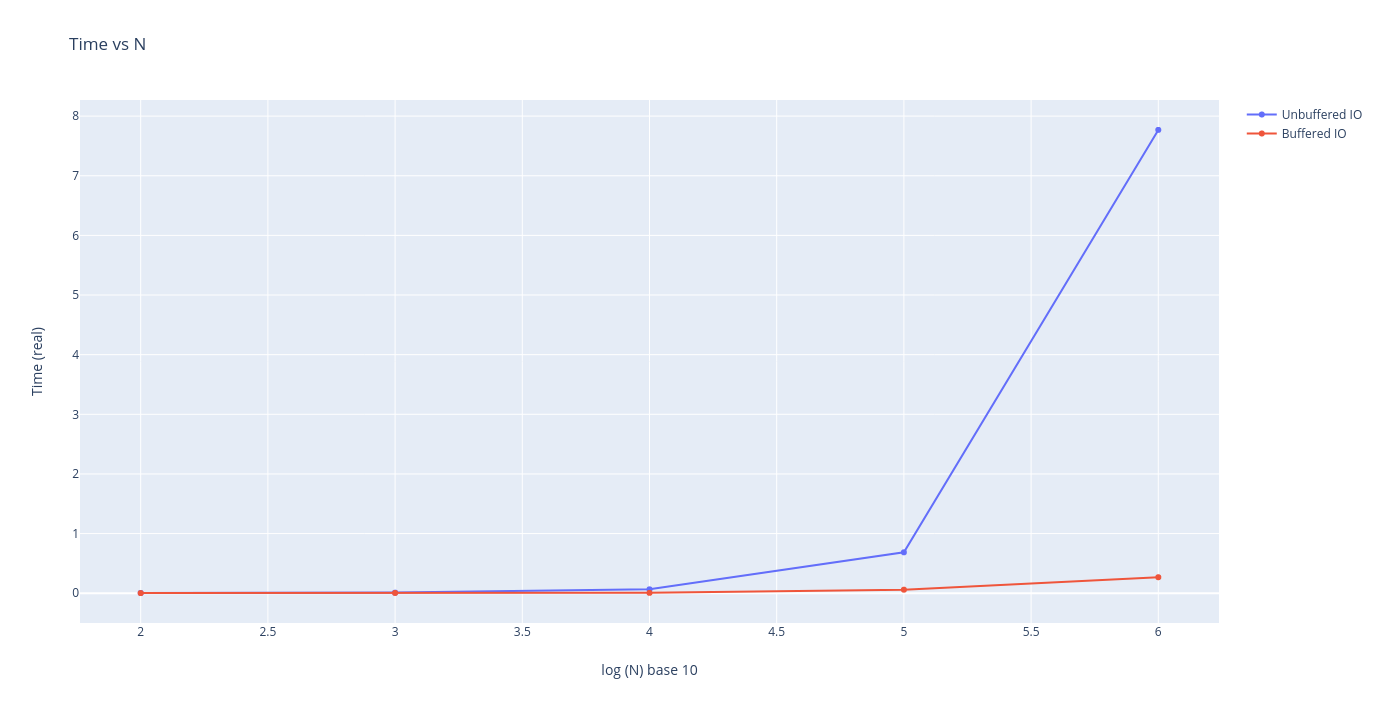FastIO in Go (For Competitive Coding)
31 Dec 2020To do comparision, we will note the time it takes to read 10^6 numbers from StdIn, store it into slice and then print all the numbers to StdOut.
Method - 1 (Naive Approach)
As a step to make myself stronger in Go, I started using it for competitive programming. I was using fmt package for IO, but soon
I started getting timeout in IO heavy questions.
In this simple approach, we will use fmt.Scanf for reading, and we will not be using any buffered IO.
package main
import (
"fmt"
)
func testIO() {
arr := []int{}
var n, t int
fmt.Scanf("%d", &n)
for i := 0; i < n; i++ {
fmt.Scanf("%d", &t)
arr = append(arr, t)
}
for _, val := range arr {
fmt.Printf("%d ", val)
}
}
func main() {
testIO()
}Time :
For N : 10**6
real 0m8.417s
Method - 2 (Buffered IO)
Now we will modify our code a little bit -
package main
import (
"bufio"
"fmt"
"os"
"strconv"
)
func getInt(sc *bufio.Scanner) int {
sc.Scan()
out, _ := strconv.ParseInt(sc.Text(), 10, 0)
return int(out)
}
func takeIO() {
arr := []int{}
sc := bufio.NewScanner(os.Stdin)
sc.Split(bufio.ScanWords)
wt := bufio.NewWriter(os.Stdout)
defer wt.Flush()
n := getInt(sc)
for i := 0; i < n; i++ {
t := getInt(sc)
arr = append(arr, int(t))
}
for _, val := range arr {
fmt.Fprintf(wt, "%v\n", val)
}
}
func main() {
takeIO()
}Time :
For N : 10**6
real 0m0.270s

We gained a significant reduction in time, with minimal changes in our code.